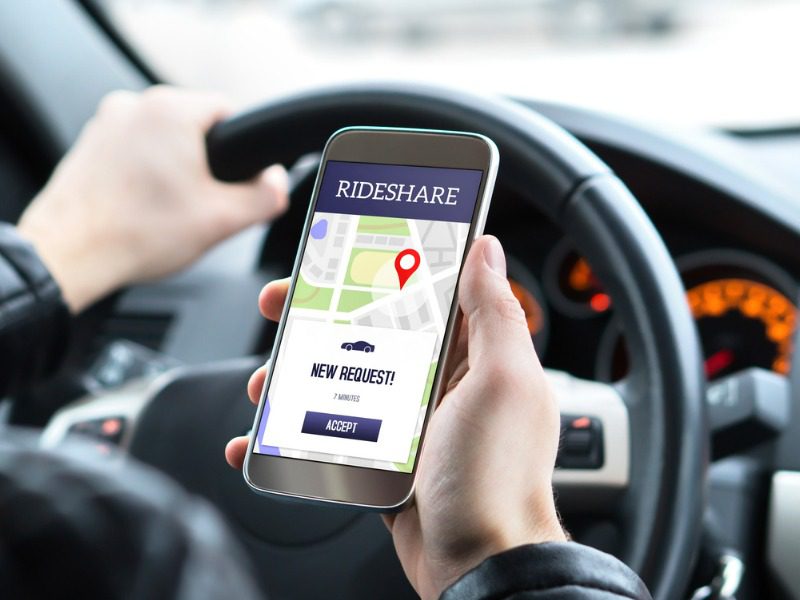Do gig-driver clients have the right auto coverage?

With accident claims up sharply post-pandemic, transportation network companies (TNCs) like Uber, Lyft and others are aggressively managing the insurance coverage they offer to gig drivers to ensure they have a handle on fraud.
“You’re going to get some claims kicked out by the TNC [more frequently] because the person who’s adjusting that for the company, realistically, has seen 10-plus years of them obliging a lot of gray area [claims] situations,” says Edward Walker, Shared Economy Practice Leader at Hub.
“And we’re in a market, where push comes to shove, they actually do need to hold the hard line.”
TNCs are indicating some claims should fall on a driver’s personal lines insurance policy, which because they are driving for these companies should have rideshare endorsements or other coverage enhancements. But not all gig drivers are forthright with their insurers about how they earn a living.
“That’s where transparency as a gig worker is going to come to the table because when you have an adjuster come into the situation [questions get asked],” he adds.
Business or personal?
In some cases, gig drivers don’t report rideshare employment to their insurance companies. In others, a driver may make a claim because an accident took place just as they were dropping off their last customer and returning to regular driving.
“In that situation, if you haven’t been fully transparent with your carrier, [you may tell] an adjuster, ‘This was personal driving,’ [but] they might come back with, ‘Why were you all the way on this side of town?’” Walker notes.
“Realistically, it’s not their business. [But if a car is damaged] the adjuster might say, ‘We pulled your odometer from the body shop and it says since the time you purchased this policy you’ve put 20,000 kilometres on the car and your application says you only do 6,000. Can you explain to us exactly what’s going on there?’”
If the driver is off the job, and genuinely engaged in personal driving, the accident should be covered.
“But if there are material inaccuracies with the insurance policies you’ve purchased and the information you shared, that will expose you to some changes in that situation,” says Walker.
Those changes could be as simple as a midterm rate hike for being dishonest about annual kilometrage.
“I actually think that’s the best-case scenario. Because that’s fair. Personal insurers are not making money these days,” Walker tells CU. “If you’re not giving yourself the benefit of the doubt in the situation, the carrier might not either.”
Brokers can also help gig workers protect themselves by seeing to it that a client’s coverage is thorough. Sometimes all it takes is a few good questions and a talent for subtlety.
“The better [customer-facing brokers] can pick up on these little essence flows. And they’ve got that bedside banter like, ‘Hey, listen, I’m looking at all these variables here. You’ve got a 2020 Toyota Camry, and it’s got 150,000 kilometres on it. That’s not exactly normal,’” says Walker.
“Delicately approaching the situation from an educational standpoint is the best possible route.”
Feature image courtesy of iStock/Tero Vesalainen



